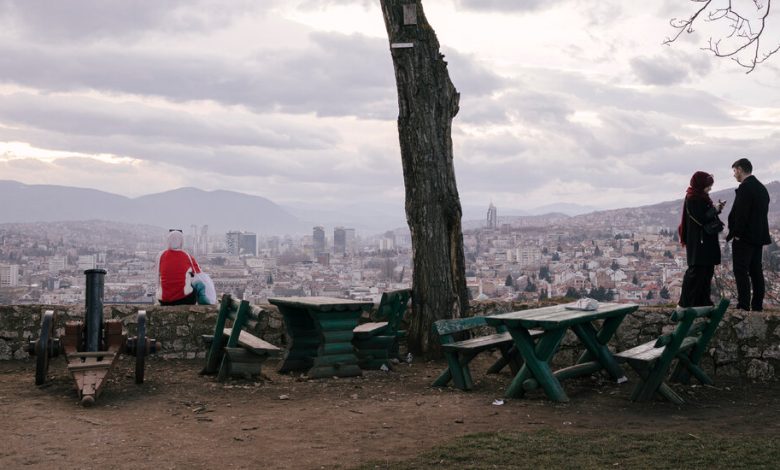A Land Once Emptied by War Now Faces a Peacetime Exodus

When the Bosnian sheep farmer fled his home in a disintegrating Yugoslavia in 1992, trekking with his family for 40 days to escape the start of a war that would pit neighbor against neighbor, the village he left behind had more than 400 people, two shops and a school.
More than half the villagers were fellow Muslims, the rest Serbs, but nobody, he said, paid much attention to that until extremist politicians started screaming for blood.
After more than a decade away from his home in eastern Bosnia, the farmer, Fikret Puhalo, 61, returned to his village, Socice. By then it had 100 or so people, Serbs who had stayed throughout and a few Muslims who had decided it was safe to go back.
Today, only 15 are left. The shops have gone, the school, too.
“Everyone else died or moved away,” said Mr. Puhalo, gesturing to empty homes scattered across the rocky hills around the family land where he grazes his sheep. “Not a single child has been born here since I returned,” he said.
The withering away of Socice mirrors a worldwide phenomenon of poor farming areas losing people to urban centers. It is also part of a grave demographic crisis afflicting wide swathes of Eastern and Central Europe, including relatively prosperous countries like Poland and Hungary, as low-birth rates and emigration reduce the number of people — and fuel ethnonationalist politicians who clamor against the dilution, even extinction, of native populations.

Sheep near the village of Socice, which is now home to only 15 people, compared with more than 400 in 1992.



